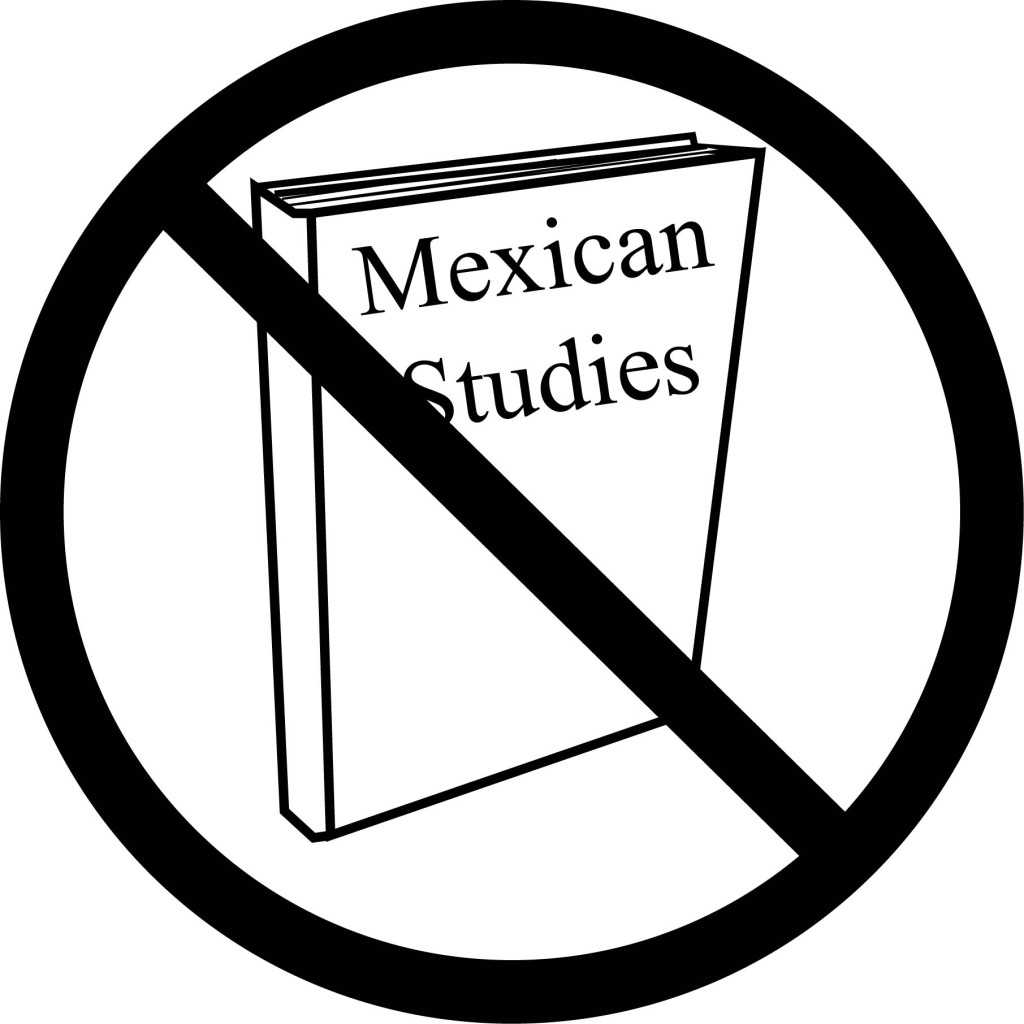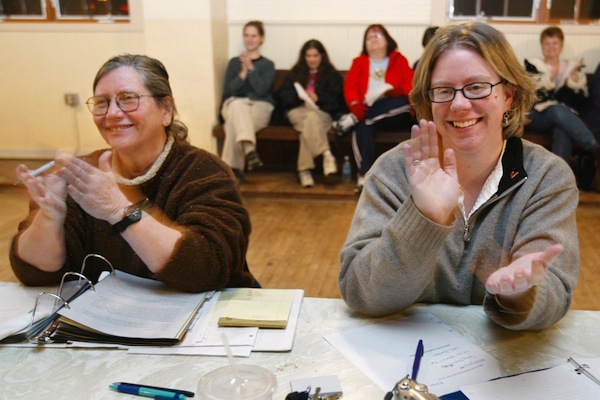After the passing of a controversial immigration bill, Arizona is once again the site of conflict due to its recent affirmation of a law illegalizing ethnic studies in public schools.
State Attorney General and former Arizona State Superintendent Tom Horne proposed the Arizona House Bill 2281 in 2009, which was signed by governor Jan Brewer the following year. The text of the bill declares that “public school pupils should be taught to treat and value each other as individuals and not based on ethnic background” and prohibits classes that, among other criteria, “are designed primarily for pupils of a particular ethnic group” or “advocate ethnic solidarity instead of the treatment of pupils as individuals.”
“This is the fundamental question of whether America is a melting pot or a salad,” social studies teacher Robert Good said. “The Arizona bill wants it to be a melting pot, where all other cultures blend and assimilate to white culture. In a salad, though, there’s a lot of lettuce and we can celebrate that lettuce but recognize that there are cucumbers and tomatoes and celebrate the plurality of experiences in America.”
Upon signing HB 2281, Horne and his successor, John Hupenthal, claimed that this program teaches students of color “ethnic chauvinism” and “provides incorrect, unfactual American history that pits a class against another,” according to the Washington Post and Colorlines.com. Hupenthal declared Tuscon Unified School District’s program unlawful because, by providing historical information in a racial framework, it promoted groupthink, faulty decision-making in a group, among the state’s 27 percent Mexican population.
“It is disingenuous to say that a racial minority will all think the same way,” Good said. “Many white people think that all African-Americans think the same way, that all Mexican-Americans think the same way, that all Asian-Americans think the same way, but it’s just not true. There’s tremendous diversity even within a racial group.”
Since its enacting in January 2011, parents, students and teachers have fought the law, which have banned various ethnic studies programs, including the Mexican-American Studies courses in the TUSD. According to its website, the MAS Department of TUSD is “dedicated to the empowerment and strengthening of our community of learners” and to prepare students “for dynamic, confident leadership in the 21st Century” through a culturally relevant curriculum which gives students an “understanding and appreciation of historic and contemporary Mexican American contributions.” Although Ladue does not offer Mexican Studies programs or classes, the high school does offer classes about other minority ethnic groups, including African-American Studies. Additionally, the Arizona House Bill 2281 resulted in numerous lawsuits against the state of Arizona. In December 2011, Arizona Judge Lewis D. Kowal found that the MAS program promoted “social or political activism against the white people.” Under the threat of losing state funding, the TUSD school board voted Feb. 1.
“This is a classic example of people with racial privilege fearful that someone’s going to change their preferred narrative of the country,” Good said. “It’s the fear that patriotism and nationalism will be destroyed by other cultures.”
Following the decision of the TUSD school, proponents of ethnic studies have protested the TUSD district. A caravan carrying banned books is set to travel from Houston, Texas, to Tuscon in what is being called the “Librotraficante,” which literally is defined as “book trafficking.”
Although HB 2281 had a large impact on TUSD, other schools have not seen change. Roughly ten miles away from TUSD, students at Catalina Foothills High School have not heard as much about the controversy.
“It hasn’t really been a huge deal [at my high school],” Catalina Foothills junior and former Ladue student Shoujit Banerjee said. “TUSD is comparable to St. Louis public schools, whereas Catalina Foothills is academically and socioeconomically comparable to Ladue. Foothills doesn’t hear much about TUSD.”
Regardless of how well-known this movement is, supporters of MAS and ethnic studies are continuing to voice their opinions. Although many agree with Hupenthal that the educational system is “broken” and that TUSD needs to treat Hispanic students better, they feel that ethnic studies programs strive to close the achievement and opportunity gaps between minorities and Caucasians and to educate students about other cultures, and that banning such programs is counterproductive and wrong.
“I strongly disagree with the ban,” Banerjee said. “Students should be able to discover and learn what they want. By denying students the right as well as the opportunity to pursue an area of interest, you may be indirectly harming their futures.” #








